Is Turkey safe to visit? The Republic of Türkiye, or as it is more commonly known Turkey, is a unique country with a rich history, popular cuisine, and unique geography.
For these reasons, foreign tourism in Turkey thrived in the 2000s and early 2010s.
After 2015, however, tourism declined steeply due to political turmoil, Turkey’s involvement in the Syrian civil war, and a 400% increase in crime in the span of a few short years.
It is still possible to go visit Turkey as a tourist, but taking precautions is crucial.
All Turkish cities have both safe and dangerous areas, and it’s important to know the risks.
Contents
The 10 Most Dangerous Cities in Turkey
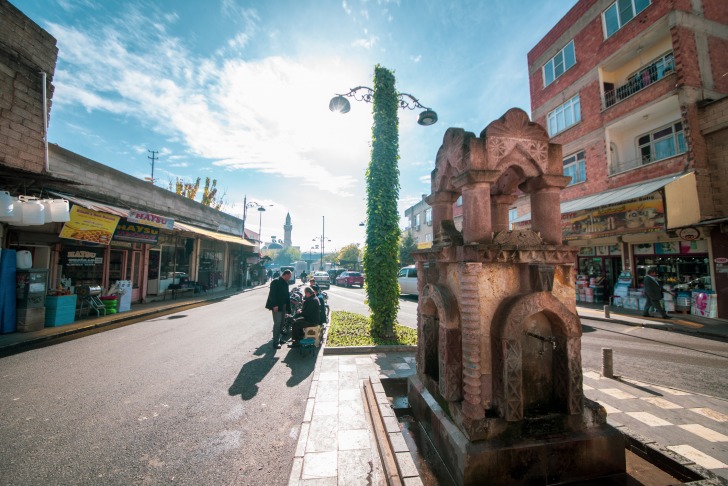
1. Kilis
Located in southern Turkey near the Syrian border, Kilis has had a troubled span of recent years.
As a border city, it has experienced military operations and terrorism connected with the Syrian civil war, as well as related civil protests (some of which have turned to violent riots).
Since 2016, the city has been the subject of rocket attacks from Syria, making it highly dangerous for both locals and visitors alike.
In February 2023, Kilis was also heavily affected by deadly earthquakes.
Though Kilis is home to some of the country’s most historic mosques, traveling there is not currently advised for foreign tourists.
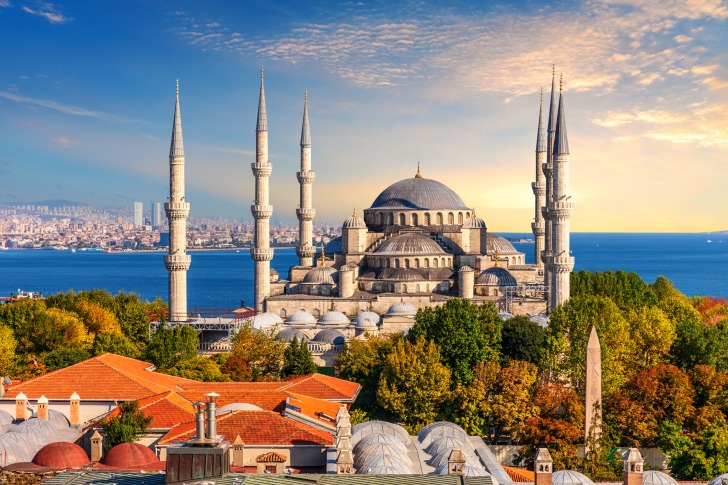
2. Istanbul
As the largest city in Turkey and with a very rich background, visiting Istanbul is considered a must for many foreign travelers.
However, it is important to stick to historic attractions and avoid areas without tourists or security.
Istanbul has a moderate to high crime index between 47.62 and 51.69 (based on crime occurrences and opportunities per capita), and petty crimes have increased in recent years.
Drug-related crimes have also increased.
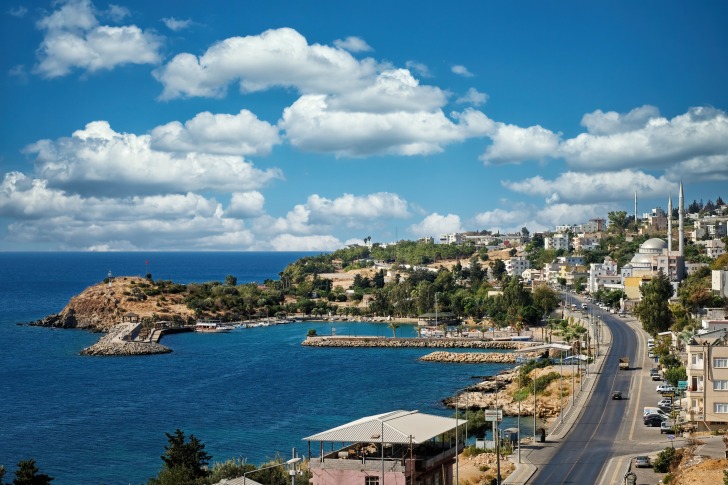
3. Mersin
Mersin is a large port city in southern Turkey with plenty to see and do, but with moderately high crime rates due to its size and density.
As with any big city, it’s important to practice caution and awareness while walking around.
But what makes Mersin a relatively more dangerous city than others in Turkey is its experience with terrorism attacks.
In 2022, for example, a deadly attack on a Mersin police station was linked to a group based in nearby Syria.
While personal attacks on tourists like muggings or assaults are on the rare side, it is recommended that travelers do not walk around at night in Mersin as crime rates elevate after dark.
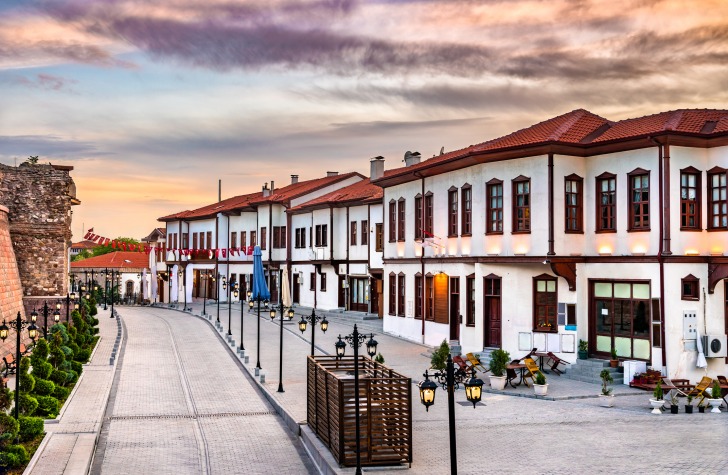
4. Ankara
Ankara is a large city that also happens to be the capital of Turkey.
And while it has a lot of cultural attractions, it is also no stranger to street crime and burglaries.
Always stay in a reputable hotel with security present, and stay aware of valuables at all times while exploring the city.
Since it is the nation’s capital, political protests have been common in Ankara for the past several years.
These events have been known to turn dangerous as well.
It’s also worth noting that Ankara has various slum neighborhoods that should be avoided or visited only with extreme caution.
The Cincin district, for example, is known to be dangerous day and night and is said to be avoided even by police as a result.
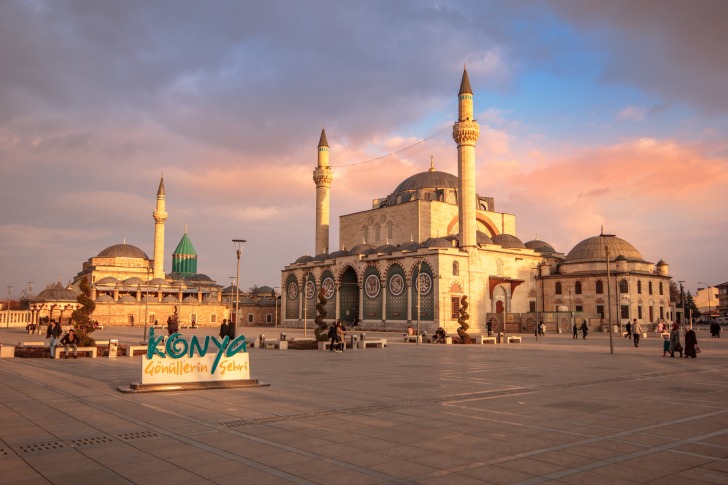
5. Konya
Located in central Turkey, Konya is another large city with corresponding higher crime rates.
Among its other historical draws, Konya is a spiritual pilgrimage destination for Sufism, which makes for plenty of hotel options for visitors but also crimes of opportunity for those looking to prey on travelers.
Konya also has some neighborhoods known for having higher levels of violence, like Doganlar.
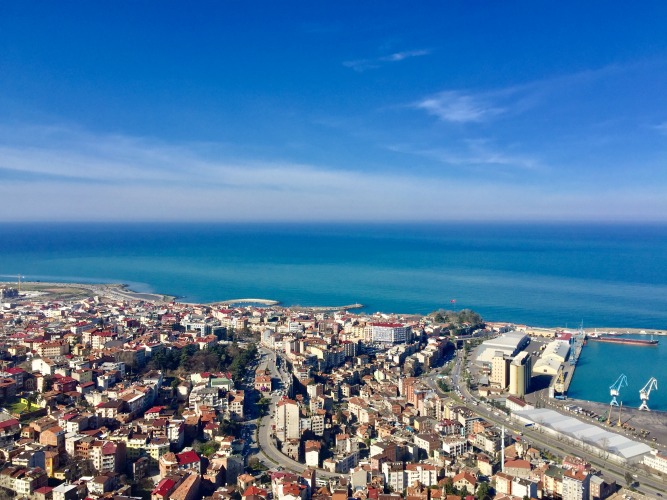
6. Trabzon
Sitting along the Black Sea in northeastern Turkey, Trabzon has some picturesque scenery.
It is also no stranger to crime, albeit at lower rates than Turkey’s larger cities.
Trabzon is also known for its brothels, which are likewise known to attract tourists and petty crime.
The Faroz and Comlecki neighborhoods are known for being riskier to travel through for tourists, especially at night.
Trabzon is also known for being a base for the Turkish mafia.
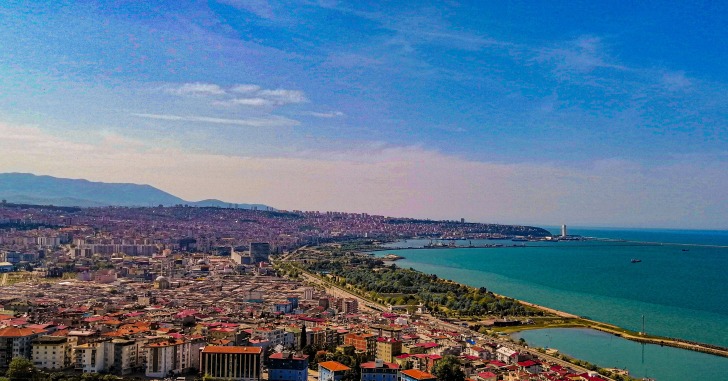
7. Samsun
Samsun is a northern coastal city on the Black Sea, known for its port and water views.
The good news is that Samsun is a lot safer than most of Turkey’s larger cities, and few acts of terrorism or public violence have been reported.
However, it is important to know that gang violence is prevalent in Samsun, with mafia activity reported regularly in the area.
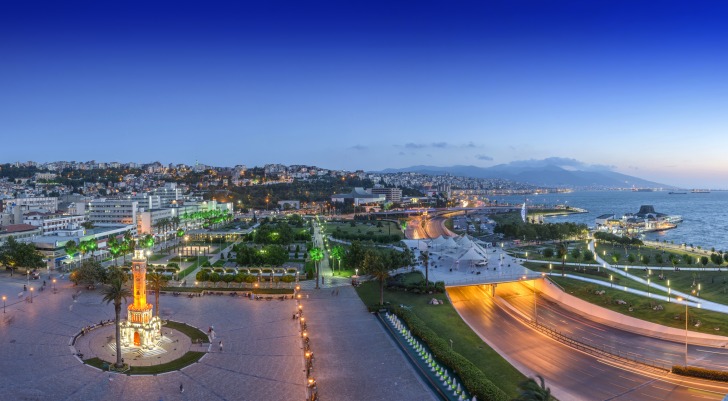
8. Izmir
The coastal city of Izmir has a notably lower crime rate than many other Turkish cities, but that rate has risen almost 60% in recent years and tourists should still take caution.
While the city center and connected neighborhoods are relatively safe, Izmir is home to some areas that can be considered slums.
If you’re traveling to Izmir, it’s best to avoid spending time in the neighborhoods of Tepecik, Buca, and Murteke due to their high crime rates.
The district of Kadifekale is sometimes listed as a slum neighborhood as well, but it has some tourist attractions (including an ancient castle built by the Romans).
If going there, avoid traveling there at night and stay alert during the day.
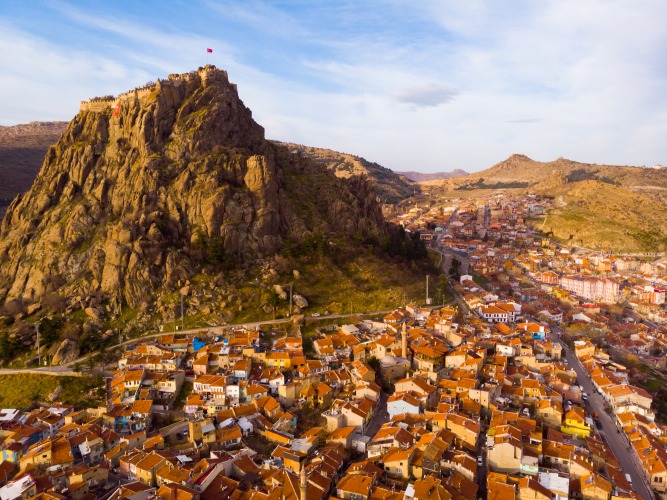
9. Afyonkarahisar (Afyon)
Afyonkarahisar or “Afyon” is an inland city in the mountainous countryside of western Turkey.
While well-regarded for its marble and historic buildings, the city is not without its problems.
The Çavuşbaş neighborhood is known for being particularly dangerous, with high levels of crime and preying on non-residents.
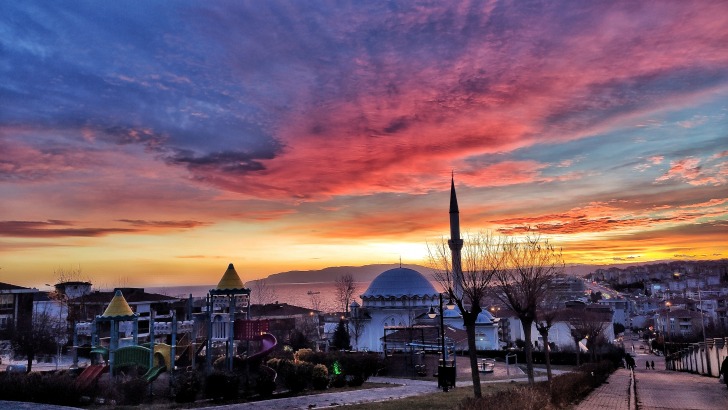
10. Tekirdag
Tekirdag is relatively safe during the day, but avoid walking alone in the evenings.
It’s a smaller city along the Sea of Marmara with lower levels of tourism, which can make outsiders more easily targeted.
Hotel options are also more limited here than in many other coastal cities.
Tekirdag is not home to many slum areas, but the roads heading away from the city center quickly turn into winding, underdeveloped paths that can be tricky to navigate.
5 Safety Tips for Traveling to Turkey
1. Follow international travel advisories
Many countries, like the United States and the United Kingdom, routinely post travel advisories for their citizens looking to travel abroad.
In October 2022, for example, the U.S. state department updated its travel advisory for Turkey to a level 2 or “exercise increased caution” and specifically noted that travelers should avoid visiting areas along the Syrian border.
2. Keep an eye on the news
As in any country with a complex socio-political climate, you never know what’s going to happen.
It’s a good idea to check the news daily for current events that could put you at risk.
3. Dress respectfully
Casual clothing like shorts and T-shirts are widely acceptable in Turkey, but there are some locations that call for more conservative attire.
For example, the country is home to numerous mosques that welcome visitors, but it is important for both men and women to follow their standards and dress in non-revealing clothing to avoid issues.
Many restaurants also have dress code expectations where guests should dress nice-casual or in more formal attire, depending on the establishment.
4. Stick to well-reviewed hotels with security
This rule is a good one to follow for tourists in any country.
Not all hotels regularly cater to foreigners, and there can be higher risks with those that don’t.
Read reviews from other travelers, and look for hotels with security staff.
5. Avoid protests and demonstrations
While it can be tempting to join in large public gatherings with a social or political goal, the fact is that Turkey is going through turmoil on this front right now.
Many demonstrations that started out peaceful have become violent, and acts of terrorism have taken place.
If you are visiting the country as an outsider, it’s safest to be mindful of this and avoid participation.
Turkey Safety Overview
READ THE FULL REPORT: Turkey Safety Review
Safety Index:
- OVERALL RISK: MEDIUM
- TRANSPORT & TAXIS RISK: LOW
- PICKPOCKETS RISK: LOW
- NATURAL DISASTERS RISK: MEDIUM
- MUGGING RISK: LOW
- TERRORISM RISK: MEDIUM
- SCAMS RISK: MEDIUM
- WOMEN TRAVELERS RISK: LOW
Frequently Asked Questions
Do people speak English in Turkey?
Many people in Turkey speak some English, but compared to the country’s neighbors (nations where English is a second language for most citizens), proficiency in English among Turks is low.
According to data collected by the English Proficiency Index, Turkey ranks 34th out of 35 European nations in English-speaking capability and 64th out of 111 countries.
With this in mind, it’s best to travel to Turkey with someone who speaks Turkish, the country’s official language.
What's the safest way to travel around Turkey?
Most cities in Turkey have robust public transportation that includes minibusses, taxis, and rideshare drivers.
If using a rideshare or taxi, always use a reputable service with licensed drivers.
Renting a car is possible but not advised.
Turkey sits on two large peninsulas between Asia and Europe, and as such, it has a varied topography with flat areas, hills, and mountains.
Depending on where you’re going, traveling around the country can be challenging if you are planning to drive yourself.
However, depending on the area, there are long-distance buses, trains, and ferry options.
You can also take domestic flights if traveling far.
Is Turkey prone to natural disasters?
Thanks to its unique geography, Turkey is one of the most earthquake-prone regions on the planet.
Some areas also experience wildfires, flooding, landslides, and other natural disasters.
When traveling, watch the weather and local news for updates.
Is Turkey more dangerous than other countries?
Yes and no.
Turkey is notably more dangerous than other European nations like Demark, Austria, and Ireland.
However, the United States has higher crime levels overall, with seven times the rate of violent crime and a murder rate that is 27% higher than that of Turkey.
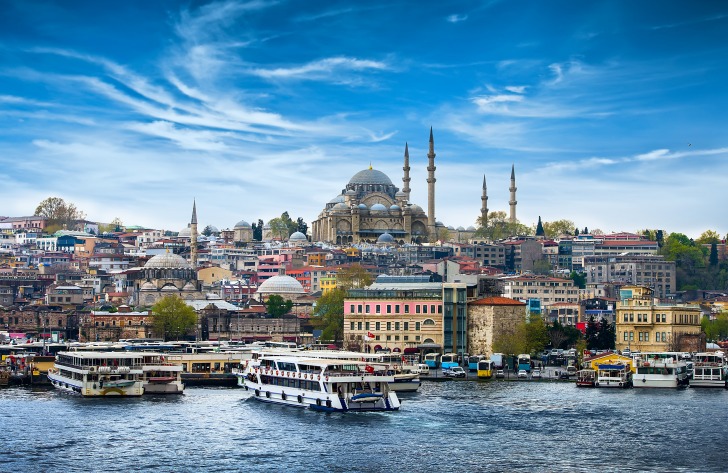
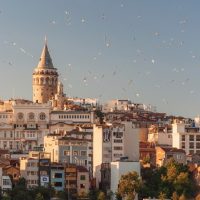

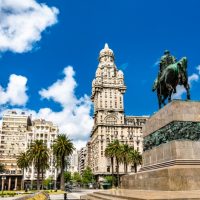
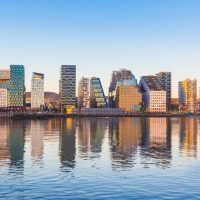







All of it is WRONG. The dangerous cities are Kilis, Muş, Sırnak, Tunceli, Hakkari, Mardin, Şiirt, Diyarbakır, Van and Batman.
How batman can be unsafe.
Despite its rich history and unique geography, the escalating crime rates in Turkey’s major cities like Istanbul and Ankara have made it a less appealing destination for tourists.